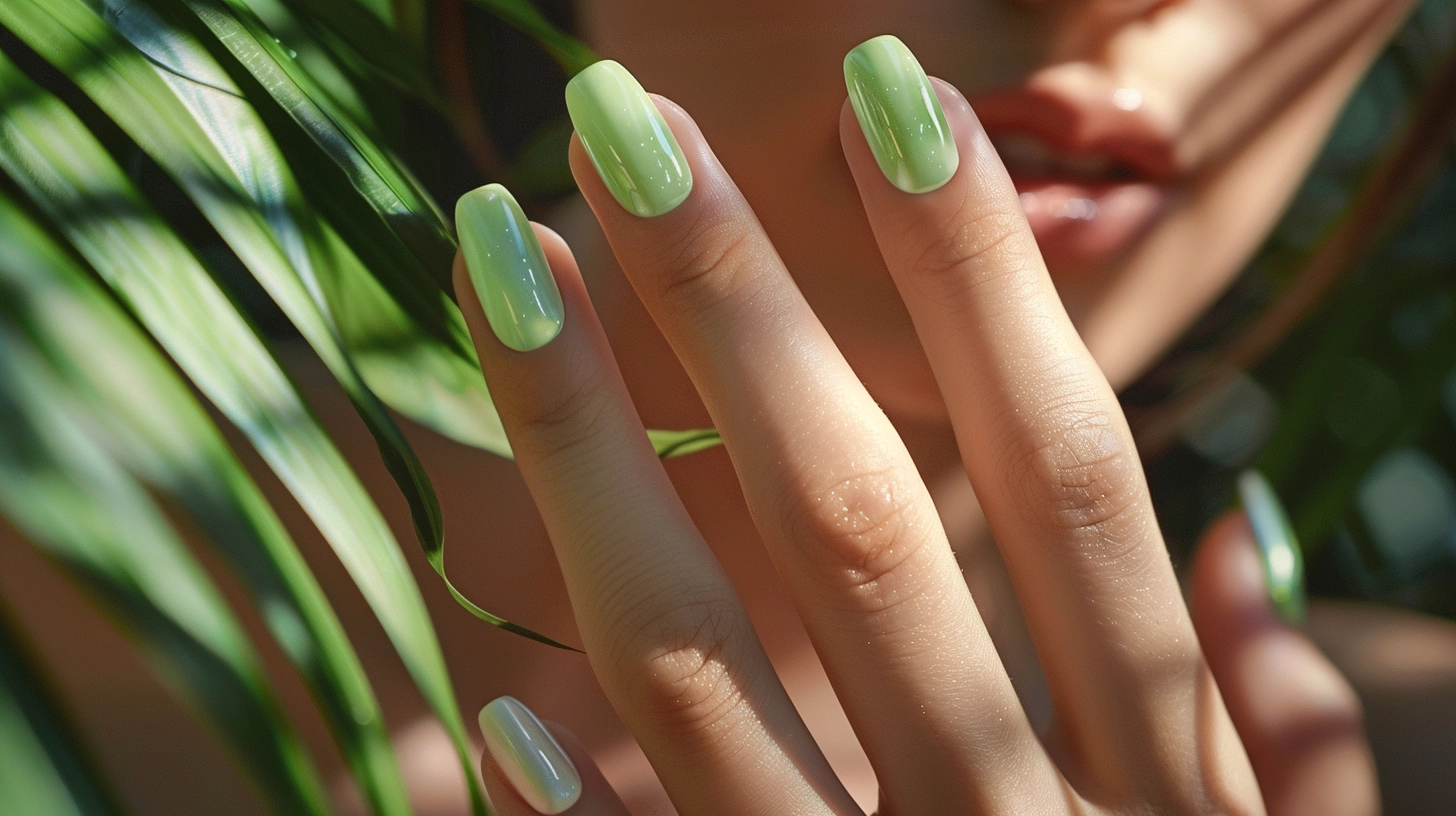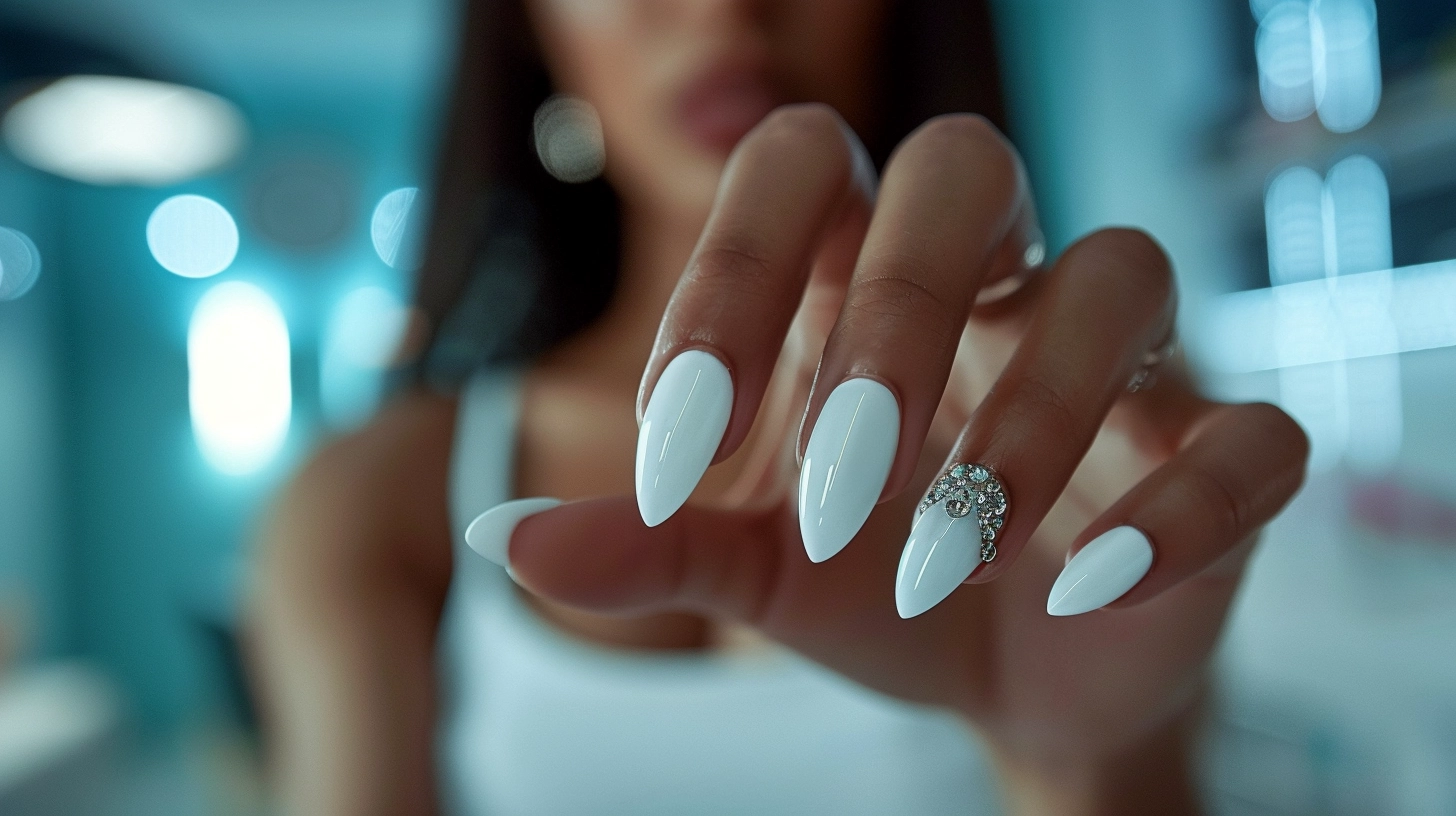Teeth grinding is not an uncommon issue. However, not all people realize they’re grinding their teeth at night until someone tells them — or until they notice some issues with their jaws. So, although many don’t even realize what’s happening, teeth grinding can cause a lot of damage. If you notice you’re doing it, make sure to look up treatment for teeth grinding in South Loop because it can save you a lot of trouble down the road.
If you have noticed that you grind your teeth unintentionally while awake, you must have asked yourself, “How to stop grinding my teeth during the day?” Thankfully, we’ll cover a few ways on how to stop teeth grinding during the day and the night, and we’ll explain what the most common bruxism treatment options are.
What Is Bruxism and What Causes It?
Bruxism is a medical term for teeth grinding. Those who do it most commonly do it without even knowing it, and it can happen both during the day or night when you are asleep.
There are a couple of common triggers for bruxism which include:
- Stress and anxiety
- Sleep disorders
- Medicine
- Lifestyle
Although most would think that stress and anxiety are the most usual triggers for teeth grinding, they’re actually not. Sleep disorders and lifestyle choices are the ones usually to blame when it comes to bruxism.
Furthermore, it is also possible that your teeth-grinding comes from your medicines. Different types of medication have different side effects, and bruxism is among them. In that case, bruxism treatment includes using alternative medicine.
When it comes to lifestyle choices, it’s mostly alcohol, recreational drugs, or having too much caffeine during the day that is to blame.
No matter what the triggers are, teeth grinding should be taken seriously and treated as soon as possible. Thankfully, the treatment success is at a high rate. So, the only thing that matters is whether you’ll start bruxism treatment before you experience other health issues because of it or not
What Are the Symptoms?
Symptoms of teeth grinding are pretty difficult to spot, especially if there’s no one who can tell you you’re grinding your teeth at night. During the day, most people realize what they’re doing and stop once they do.
Most commonly, people become aware that they’re grinding their teeth at night when their partner notices it. Until you start feeling some of the common symptoms, you’ve probably worn out the enamel on your teeth enough for them to become sensitive.
A dull headache and jaw pain are the most common signs you’re grinding your teeth at night, but it’s best to visit your dentist and have them check for signs of worn teeth or jaw tenderness. Other symptoms range from earaches, to chipped teeth.
Risks Related to Teeth Grinding
If you thought that the only risk related to teeth grinding is worn-out enamel, there are a few more things to keep in mind. Bruxism treatment is applied not only because you can damage your teeth but because you can wear down enamel enough to cause cavities and even cause a fracture.
Teeth aren’t the only thing suffering if you avoid bruxism treatment. Your jaw, but especially your jaw joints, are suffering the most because they’re being moved constantly, which can cause a series of other complications.
Determine the triggers and avoid them as much as you can. That will help you save the quality and health of your teeth in the long run, even though it takes much to damage the teeth by grinding them.
Treatment Options
If you suspect you’re grinding your teeth, whether it’s during the night or day, you should visit your dentist. They will assess the situation and see if the root of the problem is of dental nature. Some people will only need to wear a mouthguard while they’re sleeping. It may sound silly, but this is actually one of the most common treatments. And unsurprisingly, it is very effective.
We’ve already covered some of the most common triggers. So, doing a self-evaluation can help you find the root of the problem. If you started therapy with a certain medication recently, it would be a good idea to visit your GP and ask for substitute medication. If the medication is the cause of your teeth grinding, you’ll notice an improvement in a matter of days.
Hidden Dangers
On the other hand, the culprit behind teeth grinding could be stress, anxiety, or some other health issue. If that is the case, you will have to adjust your bruxism treatment accordingly. First, eliminating stressful situations will have a quick effect on your teeth grinding. As soon as you eliminate stress and anxiety from your everyday life, you’ll notice an improvement when it comes to grinding your teeth. It is easier said than done, but with the help of either a partner, friend, or a professional, it is more than doable.
Although stress and anxiety are common triggers for teeth grinding during the day, they can also be transferred to grinding teeth at night. Stress and anxiety don’t affect just your teeth but your overall health. So, taking matters into your own hands is of the utmost importance, both for the sake of your dental and psychological well-being.
When it comes to alcohol or recreational drugs, though, there’s even no need to mention the harm they can do. Although they’re not the ones causing bruxism, they intensify it, especially during sleep.







